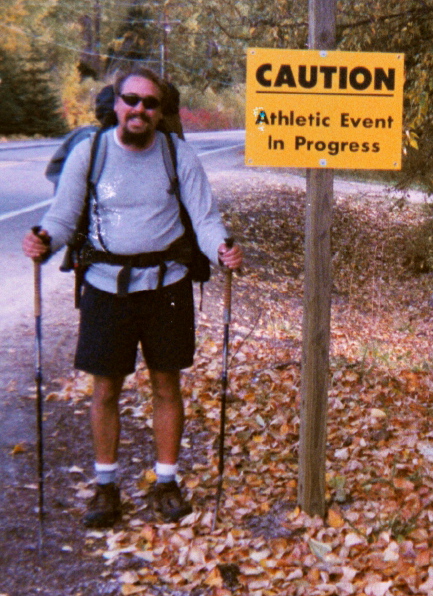I don't think the American public has gripped in its gut what could happen," he said. "We're looking at a scenario where there's no more agriculture in California." And, he added, "I don't actually see how they can keep their cities going" either.
We need to get moving on the renewable energy front. Lets look not at the future of California but the now.
The U.S. Bureau of Reclamation won't announce this year's water allocation until Feb. 20. But late last month, state water officials announced that California's snowpack — which feeds the state's elaborate systems of reservoirs and canals — was only 61 percent of normal. The drought, officials warned, could become the worst in modern California history.
Water shortages are a severe threat to the state's agricultural industry, which uses 80 percent of the water consumed by Californians to produce more than half of the country's vegetables, nuts and fruits. The industry, the state's largest, generates more than $36 billion annually in sales. It provides 1.1 million jobs in a state with one of the highest unemployment rates in the nation — 9.3 percent.
Already many farmers are letting their fields lie fallow. Fresno County's farmers plan to grow about half the lettuce they did last year. Other farmers are panicking and spending millions of dollars to dig expensive wells that mostly yield poor-quality water.
A new University of California-Davis study estimates that $1.6 billion in agriculture-related wages — and as many as 60,000 jobs across the Central Valley — will be lost in the coming months because of the drought.
That is a lot of jobs and food that we need especially with our economy in free fall. But poor water use has already led to the loss of a huge industry.
The delta is the switching yard for California water, the place where the San Joaquin and Sacramento rivers come together. A finger-size fish called the delta smelt is on the verge of extinction, so a federal judge has restricted pumping that kills the fish, reducing the amount of water that flows south to farmers in canals. What this article does not mention is that the smelt feed the salmon. The salmon did not return last year. Hundreds of millions of dollars in the fishing industry were lost last year and into the foreseeable future too.
Commercial salmon fishing alone is a $220 million industry in California. This is the fourth bad year in a row for fishermen, but the possible closure of the fisheries reaches beyond the harbor docks.
"There are two million jobs related to fishing that are basically lost because of these closures and stuff. It's not good, the bed and breakfasts suffer, the McDonalds, the libraries, everything suffers, because we are not working," said McLean.
Scientists and environmentalists are trying to figure out just what happened.
And it is not just California, Texas is having problems. China has issued a drought emergency. And Australia is on fire!



No comments:
Post a Comment